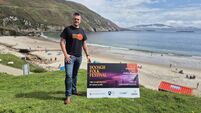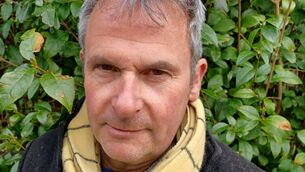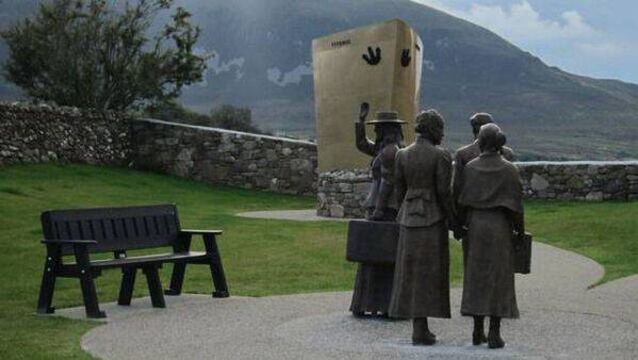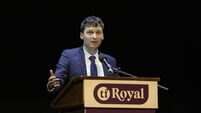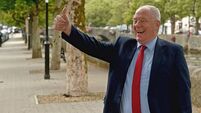Historians to deliver fascinating talk at Castlebar Library

Dr Michael O'Connor is one of the speakers.
There will be a fascinating talk at Castlebar Library on Thursday next, May 29th, on the topic of ‘Case Studies in Collective Memory and Deliberate Forgetfulness’.
Dr Michael O’Connor, PhD and Daryll Galloghly, BA, MA, will ask why some historical events are not part of our collective memory. Who decides what is included in our collective memory and what does that matter?
This seminar explores why certain historical events are not part of our collective memory, or how we remember or memorialise the past. It also explores the role deliberate forgetfulness plays in shaping the collective memory of communities and our nation.
Dr O’Connor explores these questions in the context of Irish complicity in slavery in the former British Caribbean. Historical records across the Caribbean evidence the fact that Irish men, women and children enslaved thousands of Black African people and their descendants from the mid-seventeenth century up to the abolition of slavery in the British Empire in 1834. Irish slaveholders, like English and Scottish slaveholders, changed the names of the people they enslaved.
Many enslaved persons were named Ireland or Irish. Others were named after Irish provinces, including Connaught and Leinster. Enslaved persons were also named after 27 Irish counties, including Dublin, Londonderry, Louth, Cork, Limerick, and Mayo. Similarly, enslaved persons were named after towns in Ireland, including Navan, Newry, Castlebar, Westport, Tralee, Athlone, and Galway. Numerous enslaved persons were given distinctly Irish names, such as Sean, Katie, Patrick, Bridget, Paddy, and Kathleen. Some Irish slaveholders endowed enslaved persons with their family names or the names of friends and relatives in Ireland.
This great renaming erased the identity and ethnicity of the enslaved people. Using the Catholic Killikelly family of County Galway, Jamaica and Barbados as an example, Michael will explore how Irish slaveholders approached the naming and renaming of enslaved people on their plantations. He will also consider the reasons why Irish complicity in slavery is not part of our collective memory.
Mr Galloghly will deliver the second case study.
On June 13th, 1922, two Catholic civilians were abducted by members of the Ulster Special Constabulary, taken to a small country road and murdered. Their bodies were discovered the following morning by the roadside, lying over two IRA mines.
A few hours after the murders, another group of USC men raided the premises of James McGuill, looting and seriously sexually assaulting the female occupants. These attacks proved to be some of the motivations for the worst attack carried out by the IRA: The Altnaveigh Massacre. Under the command of Frank Aiken, leader of the Fourth Northern Division and future Tánaiste, IRA men burned houses and killed six innocent civilians.
Daryll Galloghly explores these case studies and examines the role of collective memory and deliberate forgetfulness in instances of state and non-state terrorism. Questions that Daryll will address include: Why are some instances of our past shared and spoken about, but not others? Who chooses to remember certain things to control the narrative, and why? Furthermore, why do perpetrators of state and non-state terrorism apply communal silence / deliberate forgetfulness to themselves individually and collectively?
The event commences at 7pm and it is free to attend. For further details, contact Jim O’Connor at joconnor@mayococo.ie or 094-9064010.
